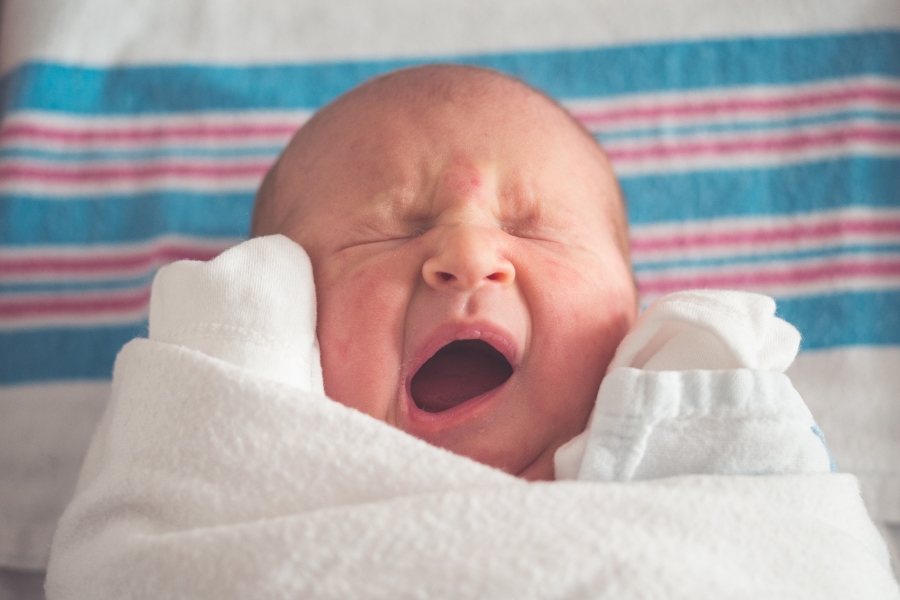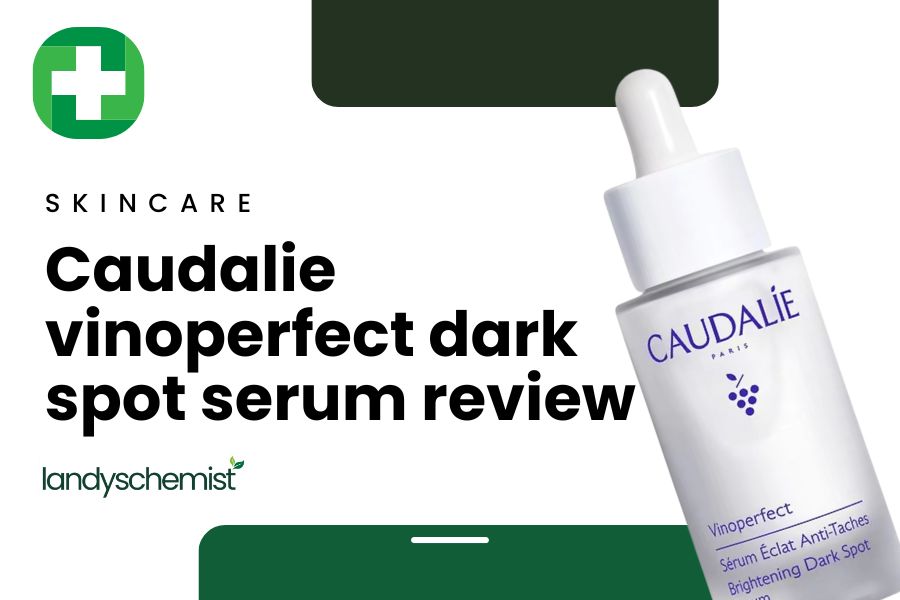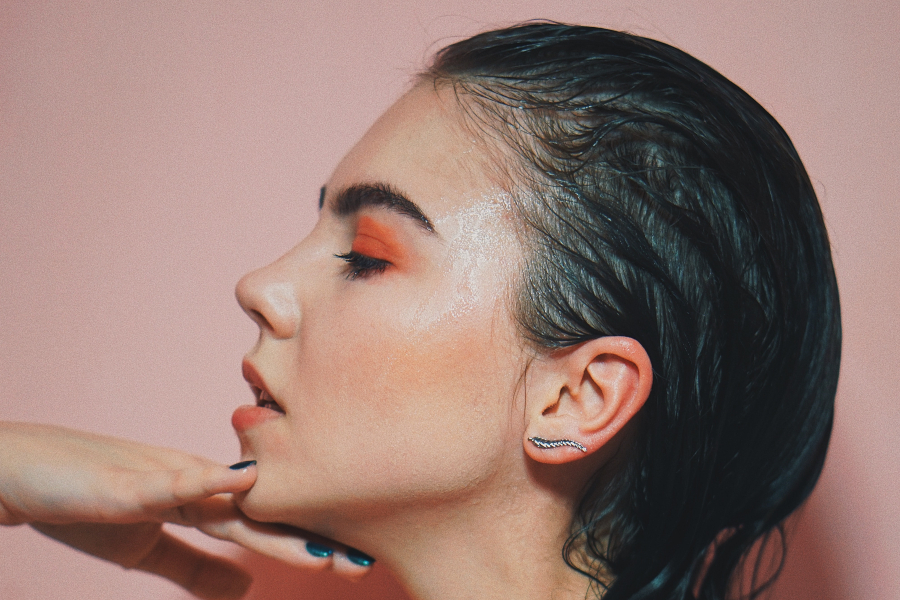
Baby Bathing Tips & Advice
By Girish Desai, Pharmacist (GPhC ), Nutritionist and Homeopath
Getting ready to be a new parent involves lots of preparatory steps, including birthing classes, learning about sleep schedules and figuring out when and how to bathe your newborn baby. We can help you with the last on that list.
If you've been wondering how to wash your baby's hair, what shampoo to use or when to give your newborn their first bath, then you've come to the right place. Below are some easy-to-follow bathing tips and advice to help you through the first year of your little one's life.
Contents
Baby Bathing FAQs Answered
To start, let's tackle some of the most common baby bathing questions that new parents ask.
When Can You Give Your Baby Their First Bath?
Full term and healthy babies can be bathed from two hours after they are born. However, many new parents choose not to bathe them for at least the first few days, instead giving them a daily wash called "topping and tailing". Topping and tailing is a careful washing of their face, neck, hands and bottom – steps for doing this are included below.
How Often Should You Give Your Baby A Bath?
You don't need to bathe your baby every day during their first year. In general, newborns don't get very dirty so you may only need to give them a bath two or three times a week. In between that, the topping and tailing method will suffice. Some babies love bath time straight away, others don't. How often you bathe your baby will likely depend on how much they take to the experience.
When Is It Best To Bathe Your Baby?
It's best to avoid bathing your baby when they are hungry or have just had a feed. Choose a time when they are content and awake. This doesn't have to be the same time each day, and you may need to choose different times in your baby's schedule until you find a time that works for both of you.
Should You Wash Newborn Hair?
During your baby's first month, you can wash their hair with just warm water. After their first month, you can use a drop of baby shampoo if needed – such as if your baby has long hair or a cradle cap.
Baby Shampoo
If you do want to use shampoo, make sure to choose a delicate baby shampoo, which will be much more delicate. This is important as babies have much more sensitive skin. You won't need to use any shampoo for at least the first month, then at most once a week for their first year.
We'd recommend:
When Should You Use Baby Oils, Lotions Or Moisturisers?
There is no need to use any lotions, moisturisers or baby oils for at least the first month of a newborn's life – longer if they are born prematurely. Baby skin is very thin and easily damaged. As your baby grows, they develop tougher skin that provides a protective barrier.
After about 8 weeks, you can consider:
- Using a little baby oil for after-bath massages
- Applying moisturiser or lotion to dry skin areas or to help deal with diaper rash or eczema
If you need to deal with a skin condition on your baby, make sure to check with your GP to get their recommendations first.
Tips For Baby Bathing
It's worth remembering a few things when getting ready for baby bathing, all of which will help make the process simple and comfortable for you and your newborn.
Firstly, babies are born with delicate skin. When washing your newborn, the NHS recommends using cotton wool and warm water to begin with. Secondly, when washing your baby, make sure to talk to them as you do so. Communicating with them will reassure them during the new experience, and will help with language development.
How To "Top And Tail" Wash Your Baby
The top and tail baby bathing method is quite straightforward and you'll easily be able to pick up the routine. This step-by-step guide aims to give you an uncomplicated task list that ensures all your bases are covered and your baby is getting a proper clean, even when they aren't having a full bath.
- Lay your baby down on a changing mat, in a warm room without drafts.
- Remove any outer layers, leaving their vest and nappy on.
- Wrap them in a towel.
- Dip cotton wool into warm water, not getting it too wet, and use that to wipe around your babies eyes and ears.
- Make sure to use a fresh piece of cotton wool for each eye and wipe from the nose outward.
- Don't use cotton buds in your baby's ears.
- Use the cotton wool and water to clean your baby's face, neck and hands. Gently drying with a fresh, clean towel as you go.
- Remove your baby's nappy and wash their bottom and genital area with new warm water and cotton wool. Dry very carefully between their skin folds.
- Put on a clean nappy.
- You're done!
How To Bath Your Baby
If your newborn loves bathing, or you prefer to give them baths (after their first month), then you can follow a similar process to the method described above, making sure to clean around their eyes and ears, then face, and then body.
When giving your baby a bath, you should remember the following:
- You must never leave your baby alone in the bath for even a single moment.
- Keep baths to a maximum of ten minutes.
- Bathe your newborn in plain, warm water without any cleansers or soaps, at least for the first month of bathing.
- Check the temperature of your bath for hot spots, making sure it is only warm to the touch and not hot.
- Remove all your baby's clothing and their nappy before bathing them, wrapping them in a towel to keep them warm before you put them into the bath.
- You may want to use a baby bath or bowl rather than holding them in the full tub where the temperature is harder to manage.
- Make sure to keep your baby's head clear of the water. If your baby is fussy in the bath, they may find it more comforting if you bathe with them
- Getting another person to hand you your baby will make it easier to get them in and out of the bath.
- After they have been cleaned, gently pat them dry with a clean towel. Pay careful attention to any skin folds and creases to make sure they are dry.
- Once bathtime is over, it’s a good opportunity to give your baby a little massage. This can help them to get to sleep.
- Avoid using any oils or lotions for at least their first month.
By following these simple tips, we hope bath time becomes an enjoyable experience for both you and your baby!
Disclaimer
The products offered are not intended to diagnose, treat, cure, or prevent any illness or disease, or replace the advice of a medical professional. Results are not guaranteed and may vary from individual to individual.




